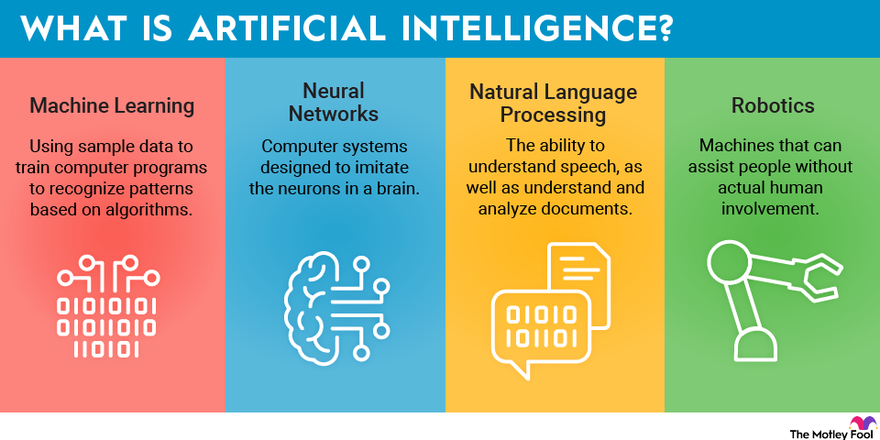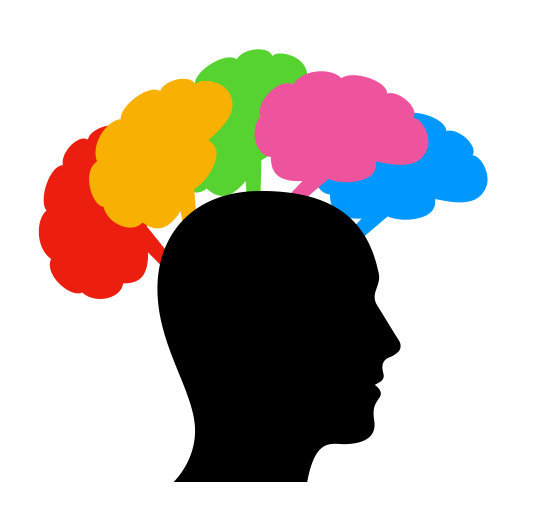The Current State of AI
(AI) has gone from a niche research topic to a mainstream technology reshaping industries, cultures, and daily life. From self-driving cars to virtual assistants, AI’s impact is evident.
The Current State of AI
AI today is immensely powerful but also fundamentally limited. It excels at tasks such as pattern recognition, data analysis, and even generating creative outputs like art or music. However, these systems—often referred to as "narrow AI"—are specialized and lack the general intelligence humans possess. For instance, an AI that plays chess at a grandmaster level cannot translate a foreign language or empathize with human emotions.
That said, rapid advancements in machine learning, robotics, and computational power are pushing AI toward more general capabilities. The development of large language models and multimodal systems suggests the boundary between narrow and general AI is blurring.
The "Takeover" Fear
The fear of AI taking over the world stems from two primary concerns:
Automation and Job Displacement: AI is already automating tasks in industries like manufacturing, logistics, and even creative fields. While automation improves efficiency, it raises questions about job security. According to a World Economic Forum report, by 2025, AI is expected to create 97 million new jobs while displacing 85 million. The transition period could be disruptive, especially for low-skill jobs.
Superintelligence and Control: The concept of AI surpassing human intelligence, known as artificial general intelligence (AGI), stirs imaginations and anxieties. If AGI were to emerge, it could theoretically outthink and outmaneuver humans, raising concerns about control, safety, and unintended consequences. Fictional portrayals like Skynet from Terminator often exaggerate these risks, but ethical dilemmas are very real. Who programs the goals of such a superintelligent system? And how do we ensure those goals align with humanity’s well-being?
Why AI Won’t "Take Over" in the Hollywood Sense
While fears of AI domination are valid in some respects, the idea of AI "taking over the world" like in dystopian movies oversimplifies complex realities. Here’s why:
Humans Are in Control: AI systems are designed, programmed, and maintained by humans. Even the most advanced systems operate within parameters set by their creators. Achieving autonomy akin to human decision-making is a monumental challenge, not least because of the ethical safeguards researchers are embedding in these systems.
Collaborative Potential: AI isn’t inherently adversarial. Many experts envision a future where AI works collaboratively with humans, augmenting our abilities rather than replacing them. For instance, AI can assist doctors in diagnosing diseases, help scientists analyze vast datasets, or support artists in generating new creative forms.
Global Regulation and Ethics: International efforts to regulate AI development are gaining momentum. Organizations like UNESCO and initiatives like the AI Act in the European Union aim to ensure AI is developed responsibly, with respect for human rights and societal values

.
Preparing for an AI-Driven Future
Rather than fearing AI’s potential to take over, we should focus on preparing for an AI-integrated future. Here are some strategies:
Invest in Education and Reskilling: Equip people with the skills needed to thrive in an AI-driven economy, emphasizing adaptability and lifelong learning.
Strengthen Ethical Frameworks: Ensure AI systems are developed with fairness, transparency, and accountability at their core.
Foster Public Awareness: Encourage open dialogue about AI’s capabilities and limitations to dispel myths and promote informed decision-making.
Promote Multidisciplinary Collaboration: Bring together experts from technology, sociology, psychology, and philosophy to address AI’s societal impact.
Conclusion
AI is undoubtedly transforming the world. While the technology holds immense promise, it also comes with risks that need careful management. The question isn’t whether AI will take over the world but how we, as a global society, choose to shape its trajectory.
With thoughtful stewardship, AI can be a tool for progress, enhancing human life rather than overshadowing it. The future of AI isn’t about machines versus humans; it’s about humans working alongside machines to create a better world.






Comments
Post a Comment